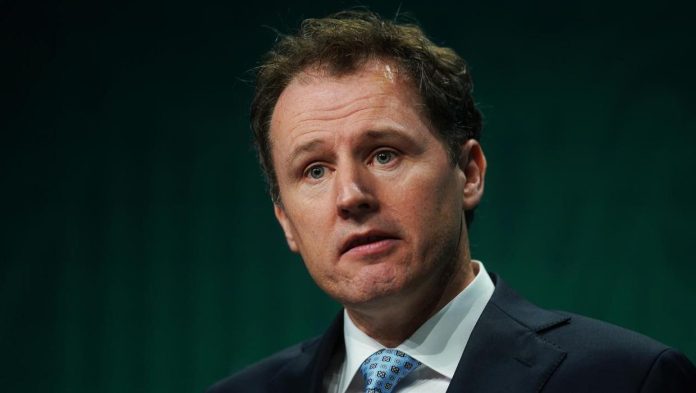A new agri-food regulator will be given powers to levy fines of up to €10m on retailers and major food producers and processors who engage in unfair trading practices with farmers and other suppliers, the Sunday Independent can reveal.
griculture Minister Charlie McConalogue will bring the final draft of landmark legislation to set up a new agri-food regulator or Rialtóir Agraibhia this week and the Fianna Fáil TD hopes to introduce it in the Dáíl before the end of the year.
The regulator, which has been called for a long time by farmers, will have sweeping powers to investigate, among other practices, late payments to farmers and other producers, misuse of trade secrets, commercial retaliation and unilateral contract changes.
As well as the enforcement of existing laws and trading practices, the key objective of the regulator being established under the Agricultural and Food Supply Chain Bill will be to promote fairness and transparency in the agricultural and food supply chain.
Mr McConalogue’s bill takes on board a number of recommendations from the Oireachtas Agriculture Committee’s pre-legislative scrutiny of the document, including changing the proposed name of the regulator which was originally to be called Office for Fairness and Transparency in the Agri-food Supply Chain.
Under the new law, the regulator will have the powers to investigate suspected breaches, promote alternative dispute resolution procedures between suppliers and buyers, bring proceedings for offenses under the bill and refer cases to the Director of Public Prosecutions where it believes that an indictable offense has been committed.
A source said that fines of up to €10m could be levied on those in breach of the law — which was also recommended by the Oireachtas committee.
Farmers have long called for the establishment of a Food Ombudsman-type office, having been highly critical of food processors, claiming they have been setting unfair prices, particularly in the beef sector in recent years.
More recently the Irish Farmers’ Association held protests at retailers in Cavan where egg producers were calling for increases in prices to be passed onto them.
It is also understood that plans are well advanced to recruit a new chief executive for the regulator, who will earn a salary of between €98,593 to €121,586.
The office is being given a €4m budget for its establishment and the revised legislation being brought before ministers this week stipulated that the number of board members differs from that included in the General Scheme of the Bill, having been increased from six to eight, including the chairperson, following a recommendation included in the pre-legislative scrutiny report.
The regulator will also publish price and market analysis within the agricultural goods supply chain and will publish reports on contingency issues either on its own initiative or at the request of the minister of the day.
Ministers will be told this week that the availability of this information will help to create a “more even playing field” for smaller producers that will contribute to a fair standard of living for the agricultural community as per the EU’s common agricultural policy.
Mr McConalogue has said the establishment of the regulator is a priority for him as a minister.
“I am confident it will be an advocate and provide a voice for farmers, growers and other food businesses all along the agricultural and food supply chain,” he said recently.
The new regulator will fall within the remit of the agriculture minister as part of his function concerning the regulation of the agriculture, fisheries, and food industries through national and EU law and, in respect of state bodies, industry regulation and promotion. It will operate in a manner similar to that of bodies such as Bord Bia.

